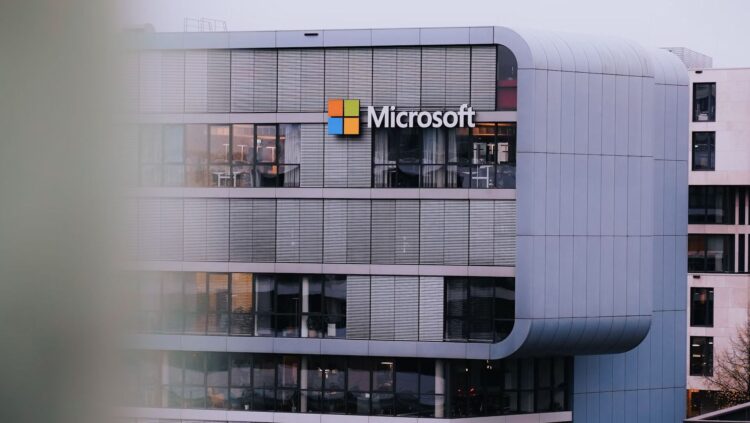Microsoft has acquired nearly twice as many Nvidia AI chips than its closest competitors, enhancing its AI capabilities for Azure services according to Financial Times. Analysts at Omdia estimate that Microsoft purchased approximately 485,000 of Nvidia’s Hopper AI chips in 2024, surpassing Meta’s 224,000 chips and positioning itself ahead of other tech giants like Amazon and Google.
The surge in demand for Nvidia’s GPUs follows the introduction of ChatGPT, prompting significant investments in AI infrastructure from major tech companies. ByteDance and Tencent each ordered about 230,000 Nvidia chips tailored for the Chinese market, demonstrating the global interest in these advanced technologies. Microsoft’s strategy is partly a result of its significant $13 billion investment in OpenAI, aiming to leverage AI for both internal operations and customer services via Azure.
Microsoft’s lead in AI chip acquisitions
Microsoft’s chip orders give it a competitive advantage in building the next generation of AI systems. In contrast, Amazon and Google purchased 196,000 and 169,000 Hopper chips, respectively. This significant chip acquisition indicates Microsoft’s commitment to strengthening its data center infrastructure, necessary for training models, including OpenAI’s latest iterations.
The data center sector remains a focal point for investment, with Omdia estimating that tech companies may spend around $229 billion on servers in 2024. Microsoft leads the effort with a projected capital expenditure of $31 billion. This trend highlights ongoing spending patterns across the tech industry, where powerful AI capabilities are essential for maintaining an edge in cloud offerings.
Nvidia’s revenue reflects its market dominance, with $35.1 billion reported in the third quarter. Data center revenue alone reached $30.8 billion, underlining the company’s crucial role in AI infrastructure development. However, Nvidia faces challenges with its chips, including overheating issues in the Blackwell AI models, which have impacted companies like Meta and Microsoft.
Deployments and future plans
Despite these challenges, Nvidia remains a key player in AI advancements. Microsoft’s investment strategy includes not just the procurement of Nvidia chips but also the development of its own AI accelerators. Currently, Microsoft has around 200,000 of its own Maia chips installed, marking its early steps toward building in-house capabilities to compete with Nvidia.
Alistair Speirs, Microsoft’s senior director of Azure Global Infrastructure, stated, “Good data center infrastructure, they’re very complex, capital-intensive projects. They take multi-years of planning.” This underscores the strategic foresight Microsoft applies to its data center growth, ensuring it can meet anticipated demand in the fast-evolving AI landscape.
With Nvidia’s market position currently facing competition from companies developing custom AI chips, including Amazon’s Trainium and Google’s Tensor processing units, companies are diversifying their approaches to AI hardware. In addition to Nvidia’s dominance, AMD is also making inroads, with Meta purchasing 173,000 AMD MI300 chips and Microsoft acquiring 96,000.
As the demand for AI-driven applications continues to grow, the dynamics of chip procurement and technological development are crucial for all Big Tech companies. Microsoft’s strategy places it at a critical junction, leveraging both Nvidia’s established technology and its own development efforts. Additionally, future uncertainties could impact Nvidia’s growth, particularly concerning export controls and competition in markets such as China.
Featured image credit: Salah Darwish/Unsplash





